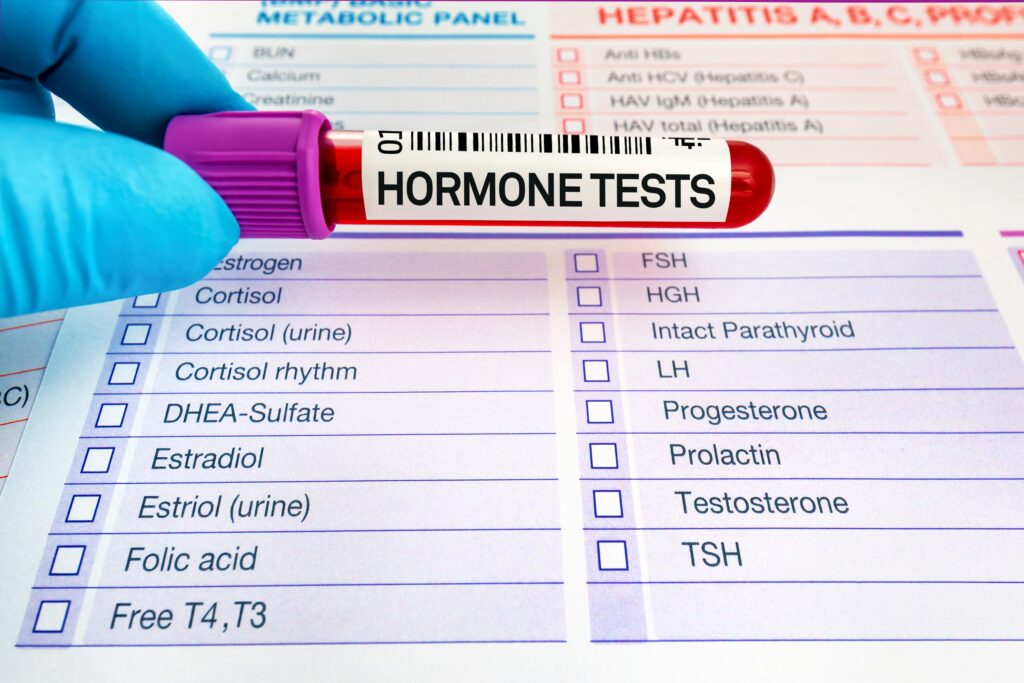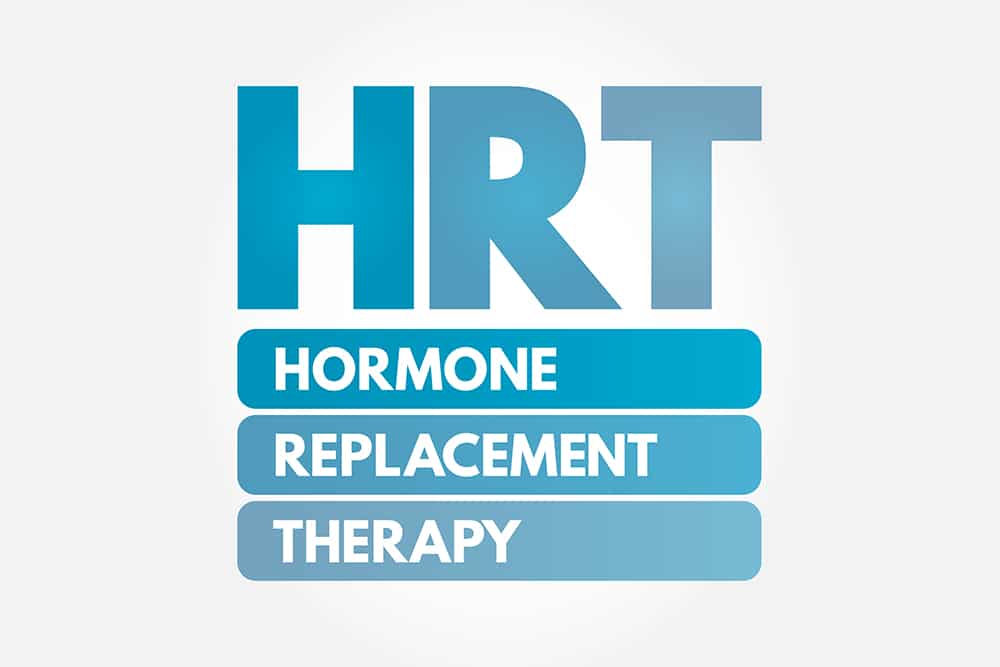Menopause is a natural and inevitable biological process that happens at the end of a woman’s reproductive years, usually between the ages of 45-54. While it is a normal part of ageing in women, it can cause a range of demanding physical and emotional symptoms that can be incredibly difficult to manage – especially in the workplace. These symptoms can include but are not limited to hot flashes, reduced confidence, mood changes, lack of ability to focus and chronic sleep disturbances.
For many women, menopause symptoms can significantly impact their quality of life and work performance, thus impacting workplaces as a result. As such, it is important for workplaces to consider offering support for menopausal employees.
Our menopause specialist customer services team will support you start your menopause treatment plan
Why Should Workplaces Support Menopausal Employees?
Menopause can affect women in different ways, and it is not uncommon for women to experience severe or debilitating symptoms that can impact their ability to work. Here are some examples of the impact menopausal symptoms can have on working women.
Hot flashes – The most common and most recognised symptom of menopause is hot flashes, where women feel suddenly very hot in their face, neck, and chest. It is often very uncomfortable and can disrupt day to day life – particularly in the workplace.
Night sweats and insomnia – Night sweats can cause massive disruption, discomfort and will significantly impact sleep, leading to fatigue and decreased productivity at work the next day. Anybody who has tried to sleep with a fever will understand.
Mood changes and mental health – Anxiety and depression are both side effects of going through the menopause. These mood changes and potential mental health issues can impact work performance and interpersonal relationships. Additionally, if a woman’s mental health is beginning to falter, that can lead to more issues down the line.
Memory loss and brain fog – Symptoms like memory loss and brain fog can impact productivity in the workplace the most for many women. In fact, 60% of women of menopause age report issues with memory. This can be a real issue for women in work as their productivity may decline, and a huge issue for the workplace as their output may be impacted.
Reduced confidence – Loss of confidence is a very real symptom of menopause and it has been commented that women’s self-confidence during the menopause plummets. This has a profound impact on self-esteem and confidence. It was reported by a survey undertaken by The Women and Equalities Committee in the Menopause and Workplace Survey that 67% of respondents felt less confident in their abilities to work. Women navigating menopause at work might be grappled with self-doubt, feeling less capable or energised and struggling to maintain their previous levels of productivity.
It is important for equality, inclusion, and de-stigmatisation that the symptoms of menopause are taken seriously by employers. By offering support for menopausal employees, workplaces can help their employees manage these symptoms, retain talented business people and improve their employees’ overall quality of life.















